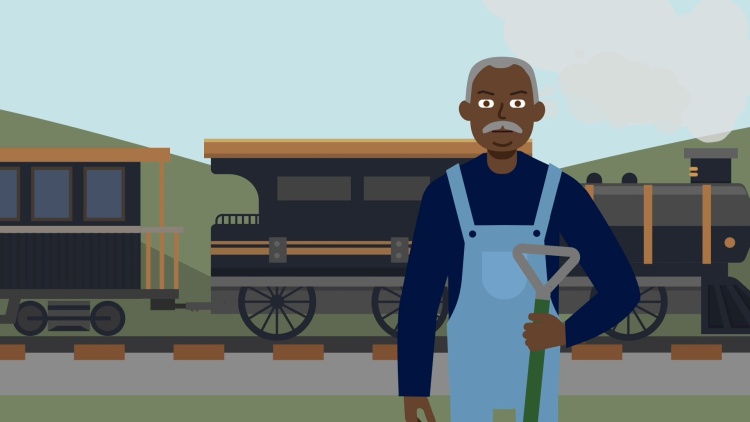Steele v. Louisville & Nashville Railroad Co.
United States Supreme Court
323 U.S. 192 (1944)
- Written by Rose VanHofwegen, JD
Facts
A majority of railroad firemen chose the Brotherhood union as their exclusive bargaining agent under the Railway Labor Act. The Brotherhood allowed only White members but purportedly represented Black firemen as well. The Brotherhood entered a new collective-bargaining agreement (CBA) with the railroads that required at least half their firemen to be White. Until reaching that percentage, they had to fill new and seniority positions with White members. Black fireman Beecher Steele (plaintiff) worked in a desirable passenger pool with Louisville and Nashville Railroad Company (defendant), made up of five Black firemen and only one White. After the new CBA, the railroad reduced the mileage the pool covered, declared its fireman positions vacant, and refilled them with White Brotherhood members. All four had less seniority than Steele and no more competence. Twice more the railroad reassigned Steele to less-desirable, lower-paid work and refilled each position with a White fireman. The railroad did not return Steele to passenger service until after he sued. The Alabama Supreme Court dismissed the case, but the Supreme Court accepted review of Steele’s appeal.
Rule of Law
Issue
Holding and Reasoning (Stone, C.J.)
What to do next…
Here's why 899,000 law students have relied on our case briefs:
- Written by law professors and practitioners, not other law students. 47,000 briefs, keyed to 994 casebooks. Top-notch customer support.
- The right amount of information, includes the facts, issues, rule of law, holding and reasoning, and any concurrences and dissents.
- Access in your classes, works on your mobile and tablet. Massive library of related video lessons and high quality multiple-choice questions.
- Easy to use, uniform format for every case brief. Written in plain English, not in legalese. Our briefs summarize and simplify; they don’t just repeat the court’s language.





